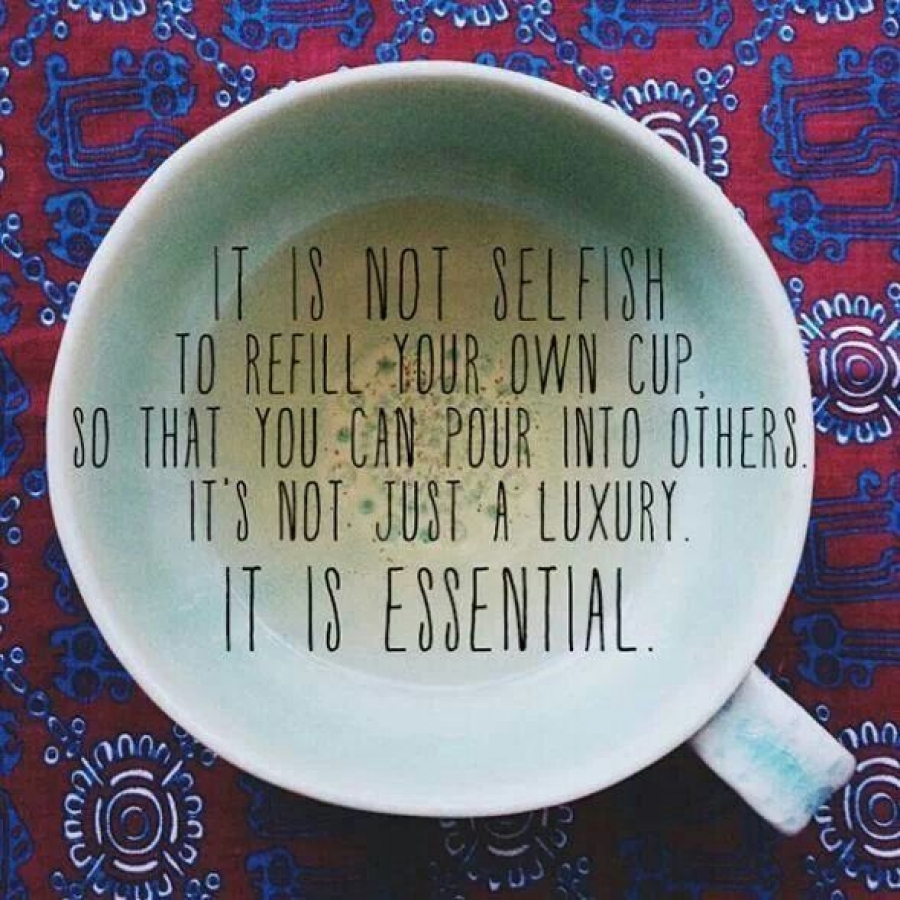Guest Post by Sylvana Rochet
As the events in Syria and Ukraine unfolded this summer, I got to thinking about how delicate it is for leaders to respond to others’ conflicts and emotional distress, while attempting to maintain their own balance. Not only because it must be hard to witness such turmoil around them – despite the trappings of whatever power they may have – but also because it seems that whatever they do will (almost always) be criticized. For President Obama, that meant being crucified for “going golfing” during his vacation as Putin rolled into Ukraine and an American journalist was beheaded in Syria. If we look closer, we can see much the same happening, albeit on a different scale in our own workplaces, creating negativity among employees and stress for the leaders.
“Empathy” has made its way into the corporate lexicon, and this generates great benefits for the culture of the company when leveraged well, but empathy can also be confused with taking on behaviors like commiserating and being negative. So, how can a Conscious Leader show empathy for others during difficult times, while still remaining present to the task at hand – i.e. running a commercial enterprise?
As a leader you will inevitably get pulled into other people’s problems and conflicts. This is normal, as they likely see it as your responsibility to mediate human-related issues. Indeed, in his book, My American Journey, Gen. Colin Powell noted that, “The day soldiers stop bringing you their problems is the day you have stopped leading them. They have either lost confidence that you can help them, or concluded that you do not care.”
To be fair, most companies don’t give employees much autonomy or tools for addressing challenges on their own, and the default position seems to be to “take it up to the managers or HR” at the first sight of challenge. A likely instance where you’ll be faced with people’s intense emotional states is during times of change. Because change at work feels directly threatening to people’s livelihoods (“Is my job on the line?”), it can violently shake an entire company if the leaders aren’t equipped to powerfully manage it. You must keep your pulse on the collective mood so you can prepare to weather the storm skillfully and, as captain, confidently bring the ship to safe harbor in the end.
By taking from the steps and examples presented, you might find some better ways to navigate hard times, while staying sane and clear-headed (and guilt-free!). These pointers apply to most situations, whether you are 1:1 with someone, or when presenting to the whole department after a particularly hard quarter.
- Validate people’s responses, fears, etc. You won’t be taken seriously until you have heard people out and recognized that this is difficult. When doing so, avoid using the “I” person (i.e. “I totally know how you feel”) as this can further pull you into the drama. As the boss, you’re expected to remain calm and objective, yet human. So your statements might sound something like: “Knowing how tirelessly you have worked on X, it is understandable / normal that you feel this way.” Usually, you can’t take ownership of their pain, so don’t try.
- Do not gossip or agree with any one story. You appreciate that everything is more complex than one person’s, or one group’s, perspective.
- Empower people to create their own solutions. Example: “It must be frustrating when IT does not respond quickly to emergencies. You have great problem-solving skills, so take a couple days to think up 3 ways to address this. I’ll be happy to go through them together and brainstorm some more, and I’m sure you’ll figure out a brilliant way to sort it out.” Bonus: it makes people feel great, and is less burdensome for you.
- Practice extreme self-care. Do you know what successful leaders do when things get stressful? They’ll meditate between meetings, sneak out for an afternoon massage or go for a mid-morning walk at the park. They have no problem telling their team: “I won’t schedule afternoon meetings before 2:00 pm because I’m doing CrossFit at lunch these days.” Why? Because they understand that their burnt-out self won’t be effective (or around very long). Your team deserves a leader who is present and energized, so it is your responsibility to do the necessary to be at your best – physically, mentally and emotionally.
If there is criticism for your practicing self-care (“Who does she think she is, going to Yoga after this morning’s meeting?”), first remind yourself that the company doesn’t benefit from you getting sucked into collective despair in order to prove your comradeship. It takes mastery to have empathy for others’ pain while keeping the healthy distance needed to stay productive.
This can also be a perfect opportunity to encourage them to do the same. Showing that you believe everyone deserves to tend to their well-being during stressful times will obtain their best support. This is what Conscious Leaders do: they model wholesome ways for all to become the best version of themselves too. Because that is what will get you through hard times faster.
book richard or bill to speak for your meeting

